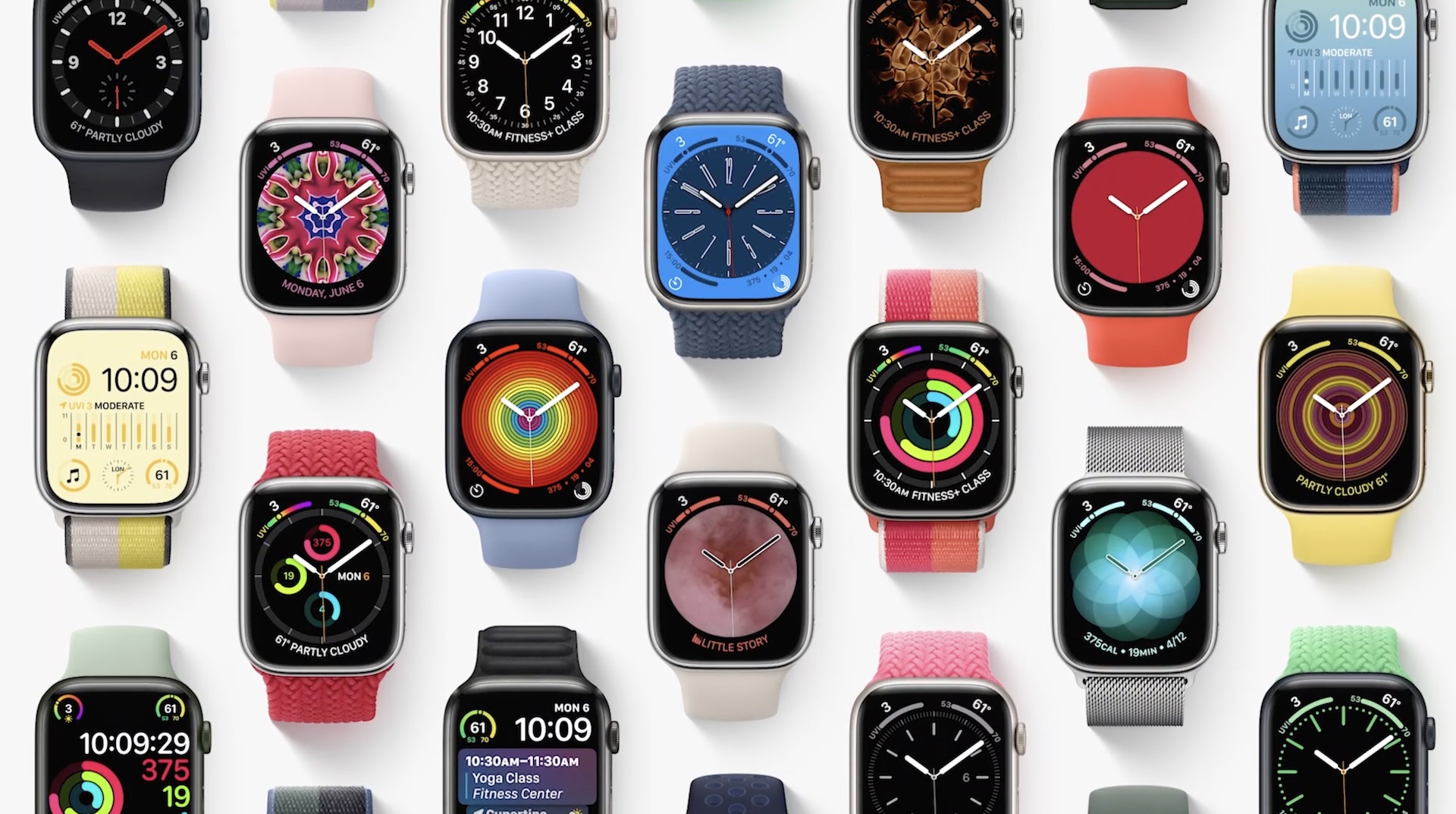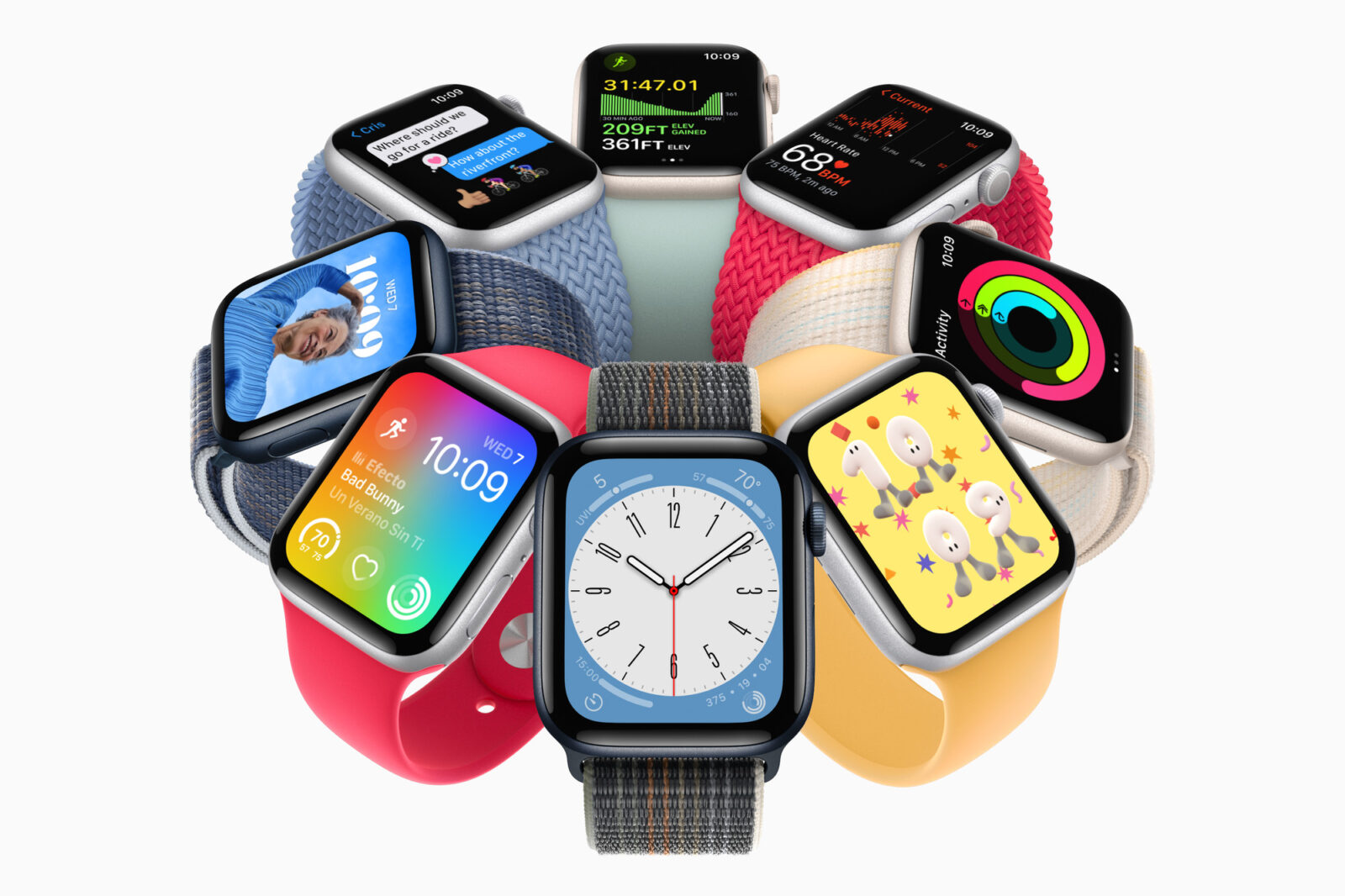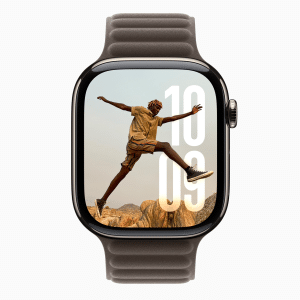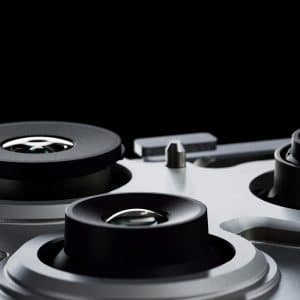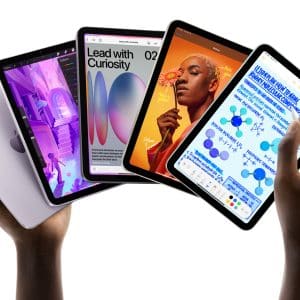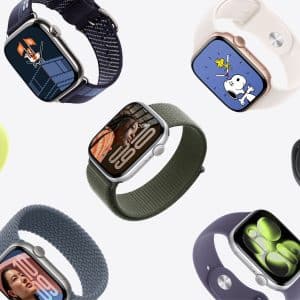The proposed transition to a plastic body for the Apple Watch SE presents several notable advantages. Primarily, this change could lead to a reduction in manufacturing costs, potentially allowing the company to either decrease the retail price or incorporate additional features without increasing the overall cost to consumers. This strategy could enhance the product’s value proposition, making it more competitive in the budget smartwatch segment.
Moreover, the use of advanced plastics could result in a lighter, more comfortable device for everyday wear. This weight reduction, combined with potential improvements in durability, could significantly enhance the user experience, particularly for those who prioritize comfort in wearable technology.
Environmental Considerations & Market Perception
In line with the growing emphasis on corporate environmental responsibility, the adoption of recycled or biodegradable plastics for the Apple Watch SE could align with Apple’s sustainability initiatives. This move has the potential to resonate with environmentally conscious consumers and contribute to the company’s efforts to reduce its carbon footprint.
However, it’s crucial to consider the potential impact on brand perception. Historically, plastic has been associated with lower-quality products in consumer electronics. The challenge for Apple will be to effectively communicate the benefits of this material change without compromising the perceived premium nature of their brand.
Market Positioning & Consumer Response
The decision to utilize plastic in the Apple Watch SE could significantly influence its market positioning. If accompanied by a price reduction, this move could make the device more accessible to a broader consumer base, potentially increasing market share in the competitive smartwatch industry. Conversely, maintaining the current price point while enhancing features could strengthen the product’s value proposition against rival offerings.
The success of this strategy will largely depend on effective marketing and communication. Emphasizing the benefits of cost savings, improved wearability, and environmental sustainability could mitigate concerns about quality and maintain consumer interest. Additionally, highlighting any new features or performance improvements will be crucial in justifying the material change to tech-savvy consumers.
Consumer response to a plastic Apple Watch SE will likely be mixed. Early adopters and price-sensitive consumers may welcome a more affordable or feature-rich option. However, brand loyalists and premium product enthusiasts might express reservations about the perceived downgrade in materials.
The rumored shift to a plastic body for the next Apple Watch SE represents a significant strategic decision for Apple. While offering potential benefits in terms of cost reduction, enhanced features, and environmental sustainability, it also presents challenges in maintaining brand perception and product positioning.
As the wearable technology market continues to evolve, Apple’s approach to balancing innovation, affordability, and brand identity will be closely watched by industry observers and consumers alike. The success of this potential move could set new trends in the smartwatch industry, influencing both consumer expectations and competitor strategies in the coming years.
